Georgia Tech Students in my Spring 2025 course, “STEM Renaissance,” exploring Shakespeare in virtual reality. We partnered with the Center for 21st Century Universities and the Georgia Tech Library to conduct novel research on emerging technologies. Learn more here: XR Technologies at Georgia Tech.

Georgia Tech Students in my Spring 2024 course, “STEM Renaissance,” doing what they do best: innovation!
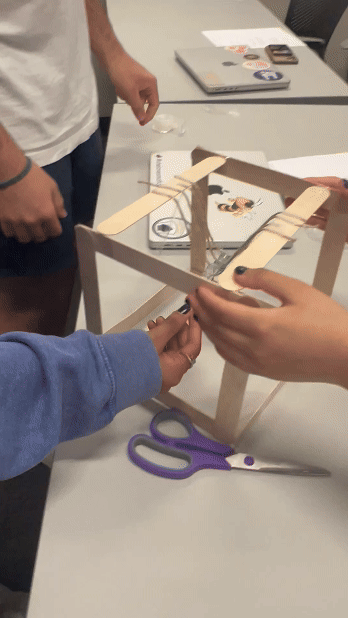
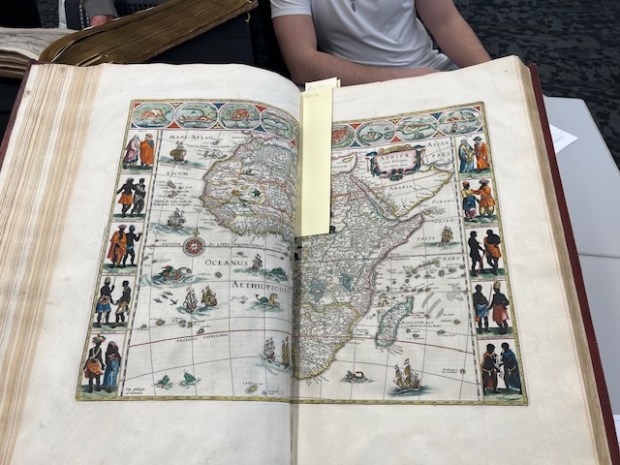
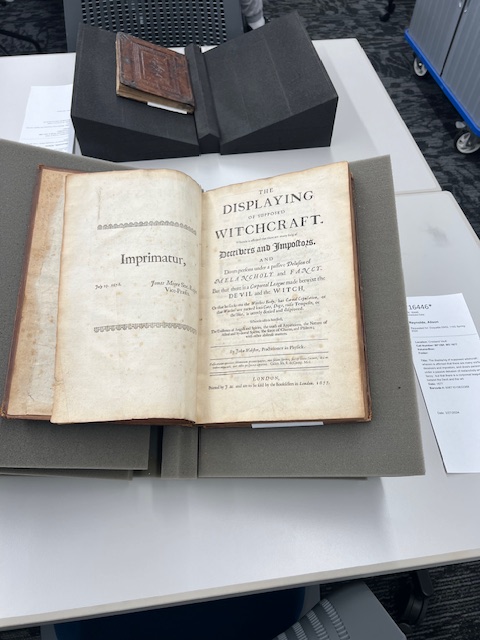
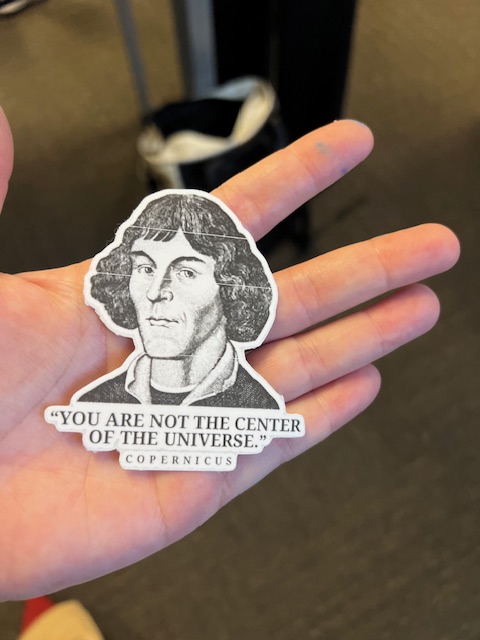
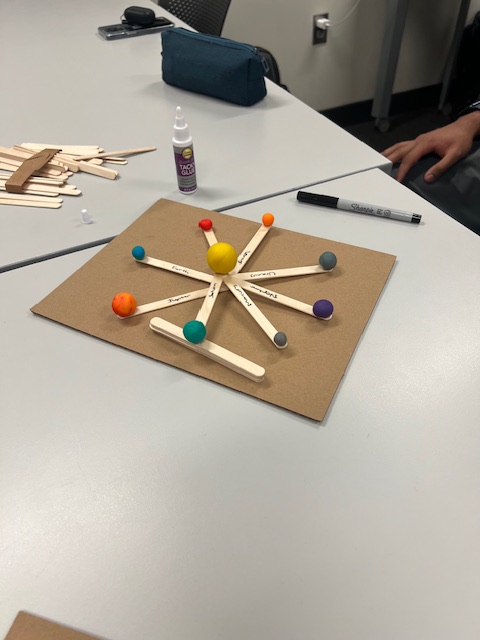

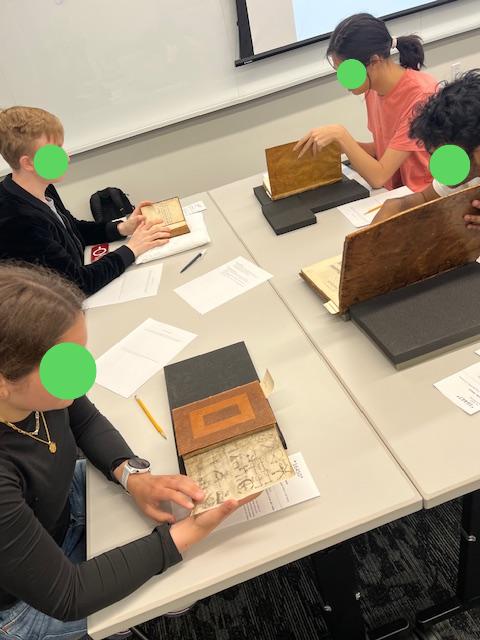
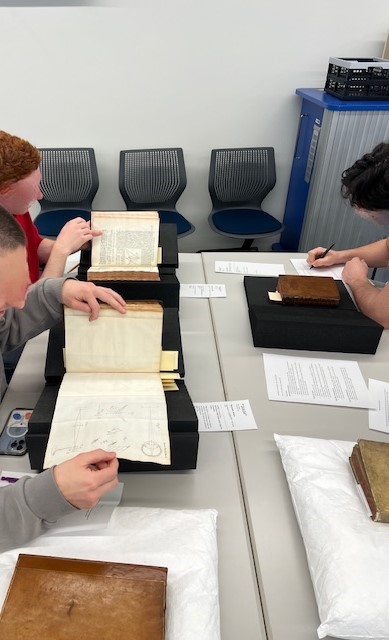
Pictured Above: First Row (1) Small groups planned and presented mini lessons on early modern technology. Students proving the principles of momentum by building Newton’s Cradle. (2 – 3) Collaborative groups created digital museum exhibits with artifacts from the GT archives. Topics ranged from Gerardus Mercator’s (1569) impact on navigational science to witchcraft as pseudoscience. (4) Student-made sticker, a prize for the best heliocentric model constructed during class projects on Copernicus. Second Row (1) A heliocentric model. (2 – 4) students conducting research in the GT archives on Renaissance machinery, botanicals, Newtonian physics, and so much more!